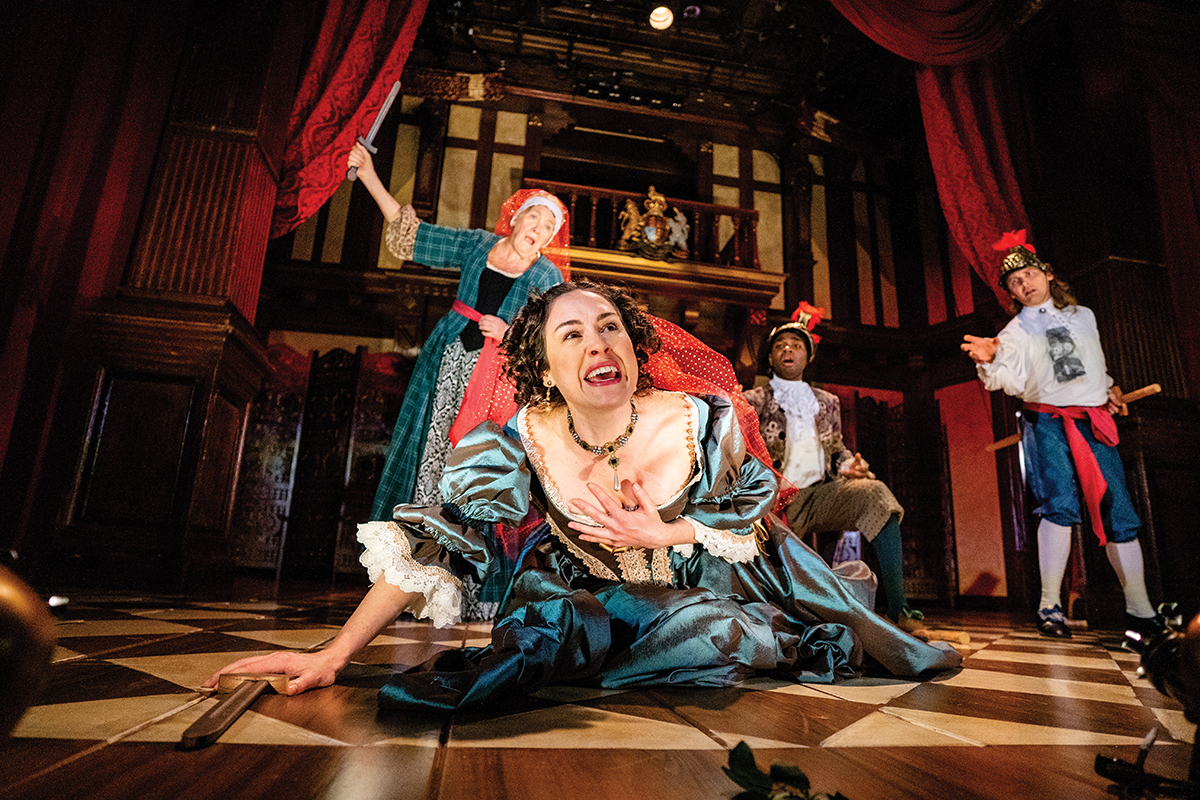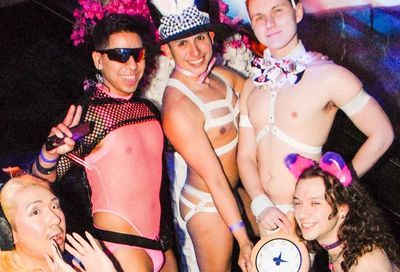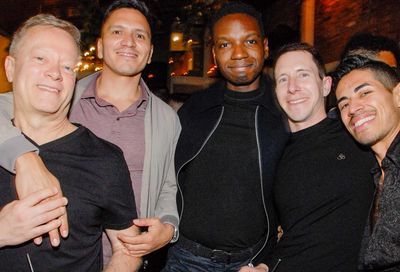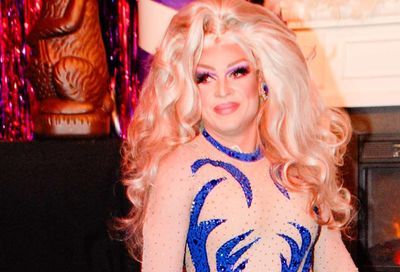Theater Review: Jessica Swale’s “Nell Gwynn” shows a woeful lack of imagination
Alison Luff delivers a star turn in Folger Theatre's "Nell Gwynn," but the gender politics feel stuck in the 1600s

The times are complicated, and Jessica Swale’s Nell Gwynn (★★), though cheerful and entertaining, has a tin ear when it comes to the gender political conversation.
In the program notes of the Folger’s new production, Swale says she set out to pay “entertaining homage” and create something “fun” in the life of Gwynn, a 1600s London commoner who went from orange-seller to star of the stage to mistress of King Charles II. But in striving for this lightheartedness, Swale shows a woeful lack of imagination, delivering another in a long, stale line of plucky, wholesomely sexy heroines who dare to say Boo! to powerful men.
In this era in which women are finally being heard on how it truly sucks to be valued only for youth, beauty, and fruitiness, this is the kind of outmoded cliché that is truly depressing. Just look at the message: it’s all still about being the prettiest woman in the room. Or, put another way, assertiveness is grade-A fabulous — as long as the woman exerting is “hot.”
Case in point is Swale’s idea of a good joke. When Gwynn refuses to obey her new boyfriend King Charles, he has a mock fit of temper, decrying in disbelief, “but I’m the king of England!” This isn’t about women standing up to power, it’s about women using the only power men give them: her stubbornness is adorable because she is cute and sexy and the star of his — and London’s — show. Let’s be abundantly real: Gwynn’s mother wants power too, but she is old and unwanted and so she dies drunk and penniless in a pond.
If Swale does deliver some tongue-in-cheek moments, they never extend to Gwynn’s sex appeal. When Charles Hart, the actor who notices her selling oranges in the pit, offers her a lesson in acting, her chops are quickly revealed. It’s all quite clever until she does her “sexy” and suddenly it’s as if the room has broken out in a sweat. Like every such moment, half the audience will be enjoying the titillation and the other half will be experiencing a collective, fiction-busting eye roll. Why are we still sending the message that to be entertaining, our females have to be seat-squirmingly sexy? In the absence of any visible irony in such key moments, Swale’s attempts elsewhere to give this Gwynn some 21st-century-style potted feminist comment is almost laughable.
And then there is the even bigger picture: what does this interpretation of Gwynn tell actors? Be an actor and be as bold as can be, but, by golly, you better be able to turn on that sexy minx or forget it. It’s the same reality women face elsewhere in life, despite all the economic and social empowerment. And it brings into focus that contradiction so many women struggle with daily: on the one hand, society tells them that sexy equals powerful, while on the other it invites disrespect and danger. And then there are all the women on the outside looking in, the ones who can’t or won’t barter “sexy” at all.
Of course, there can be little doubt that the real Gwynn used everything she had to get by, simply as a matter of survival. If the historical hints of her life are even half right, an innate bawdy humor and sexiness served her incredibly well. But she must have known full well that it was only going to last as long as she could please and entertain monied men (at least until she forged her surprisingly strong bond with the king). She would have been surrounded by women for whom child-bearing, venereal disease (and other ill health), and simply aging itself would have meant the end of any kind of income. To use one’s youth and beauty was to be slave to it. Swale may make some token reference to this, but not with any insight, let alone wit.
Surely there was a way to create a fun, female lead, historical or otherwise, who wasn’t fed through such a traditional, dull filter? Even the Folger program makes mention of a tunnel that allowed the king to meet Gwynn to play cards, among other pursuits — where was that fun, enduring friendship? Swale actually does buck convention with a c*nt joke and a (failed) attempt at scatological humor, seeing the edgy humor and value in such transgressions, but she simply never sees it through.
Unfortunately, all of this rather rains on the parade of the very talented Alison Luff, for whom this is truly a star vehicle. Giving Gwynn a fresh-faced, musical-theater magic, she plays every minute for keeps and offers a completely, unexpectedly gorgeous singing voice. She is deeply fun to watch, even if her boob-top display threatens to steal the show. The other standouts here are Quinn Franzen who gives his Mr. Hart much presence and some subtle humor and R.J. Foster as King Charles II, who delivers the perfect blend of arch entitlement and vulnerability, while offering some excellent comic timing. Finally, Nigel Gore offers some cleverly dry delivery in his theater director Thomas Killigrew and Regina Aquino nails it with her rivalrous mistresses Lady Castlemaine and Louise de Keroualle.
If they bring much energy, some of the other players — as well as the leads — are never quite as funny as they should be for the simple reason that Swale’s wittier moments are largely overshadowed by her love of slapstick and heavy-handed Pantomime-style humor. As always, the bar for scathing, historically-based humor begins and ends with (any season but the first of) Richard Curtis and Ben Elton’s Blackadder — where modern irony meets history in a way that would have served Nell Gwynn well.
There is no doubt that this lively and intimate production will be a crowd-pleaser for a particular subset: literary types who go all gooey for musical-theater. But when it comes to anyone sensitive to gender politics, Nell Gwynn will — no pun intended — rub very much the wrong way.
Nell Gwynn runs to March 10 at the Folger Theatre, 201 East Capitol St. SE. Tickets are $42 to $79. Call 202-544-7077 or visit www.folger.edu.
Support Metro Weekly’s Journalism
These are challenging times for news organizations. And yet it’s crucial we stay active and provide vital resources and information to both our local readers and the world. So won’t you please take a moment and consider supporting Metro Weekly with a membership? For as little as $5 a month, you can help ensure Metro Weekly magazine and MetroWeekly.com remain free, viable resources as we provide the best, most diverse, culturally-resonant LGBTQ coverage in both the D.C. region and around the world. Memberships come with exclusive perks and discounts, your own personal digital delivery of each week’s magazine (and an archive), access to our Member's Lounge when it launches this fall, and exclusive members-only items like Metro Weekly Membership Mugs and Tote Bags! Check out all our membership levels here and please join us today!





















